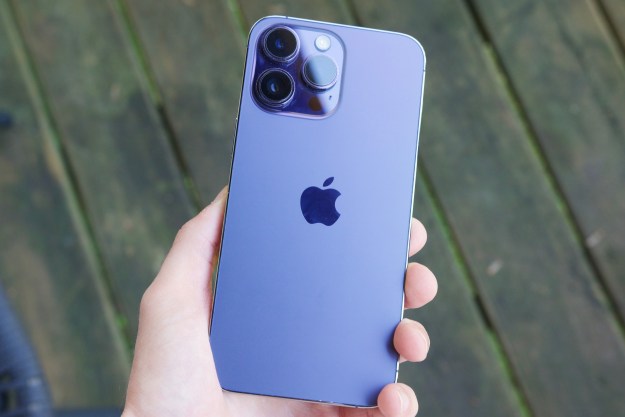
A new British study has failed to eliminate the possibility of a link between mobile phone usage and an increased long-term risk of cancer.
A six year research program carried out by the UK Mobile Telecommunications and Health Research Programme ruled out short-term adverse affects tobrain and cell functions, but found a “hint” of a higher cancer risk. The program is being expanded to look at the use of mobile phones over 10 years, and specifically the impact onchildren, which has not been studied before.
Researchers on the program discovered a slight excess reporting of brain and acoustic neuroma (ear) cancers, which they claimed was on the borderline of statistical significance. But since few people have been using mobiles for over a decade, and cancers normally take from 10-15 years from exposure to appearance, more research is the way forward.
Program chairman Professor Lawrie Challis said,
"We can’t rule out the possibility at this stage that cancer could appear in a few years’ time. With smoking there was no link of any lung cancer until after ten years."
However, he was able to give the reassurance that using a mobile didn’t seem to pose a significant health risk.
There are currently around 70 million mobile phone handsets in the UK, and around 50,000 masts. Both masts and handsets emit electromagnetic fields and radio signals, and anti-mobile campaignershave asserted that when these penetrate the human brain they could cause health damage.
Editors' Recommendations
- I’ve had the iPhone 15 Pro for six months. Here’s why it’s still amazing
- The Galaxy S24 Ultra beats the iPhone in the worst way possible
- The 9 best cell phone plans for 2024
- 3 months later, this is still my favorite iPhone 15 Pro feature
- There’s only one reason I’m still using an iPhone in 2023



